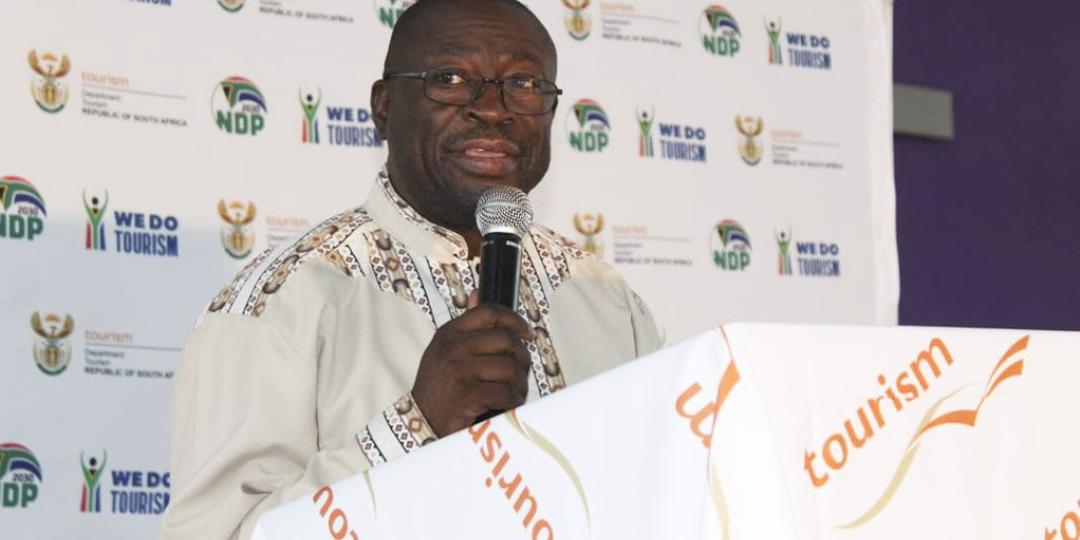A total of 34 tourist guides received their certification for participation in the Hanyu Shuiping Kaoshi (HSK) 2 (Chinese Proficiency Test) course which concludes today (Monday, August 22).
Speaking during the closing ceremony for the guides in Boksburg, Gauteng, Deputy Minister of Tourism, Amos ‘Fish’ Mahlalela, said: “The South African government was one of the first in Africa to integrate Mandarin Chinese into its public schools’ curriculum and, subsequently, others like Uganda and Kenya followed suit.”
He added: “It flows, therefore, that in the tourism space, as tourist numbers increase, tourist guides would need to be able to speak foreign languages, have a range of specialities, be able to guide across regions/borders and provide exceptional and authentic customer experiences.”
This was confirmed by a needs analysis that was conducted during the 2018/19 financial year to establish whether there was a need for training of guides in the various foreign languages. Based on the responses, foreign language training, with specific focus on the emerging Chinese market, was highlighted as a critical area for skills development in tourist guiding.
Following that, a concept document for the implementation of the Mandarin language programme for tourist guides was developed after consultations with various key stakeholders such as the Department of International Relations and Cooperation and the Embassy for the People’s Republic of China as well as the National and Provincial Registrars of Tourist Guides.
Implementing the training programme following a three-phased approach prioritising three provinces at a time, was agreed upon as the best and most effective approach.
Phased approach
The HSK is an international standardised (writing, reading and listening) language proficiency examination that has six levels. Phase I of the training programme saw 55 tourist guides being trained across all nine provinces.
Out of the 55 guides who were trained, a total of 45 successfully passed the formal HSK1 exam and were considered eligible for participation in the second phase of the training programme. A total of 34 tourist guides confirmed their availability for participation in Phase II.
The Chinese Culture and International Exchange Centre was appointed as the training provider to implement Phase II of the training – held from July 11 to August 22 at the Kopanong Hotel and Conference Centre in Gauteng.
The second phase of the training programme entailed the attainment of the next level of the Mandarin language proficiency, which included the HSK2 exam on Sunday (August 21).
Phase 111, which is still in the planning stages, will focus on exposure to platforms where guides can have the opportunity to practise their Mandarin skills and, in the process, gain more confidence and experience.
“Only those who have passed both HSK 1 and 2 will be eligible to be considered for this phase. It is envisaged that the immersion phase of the programme will take place in China,” said Mahlalela.
Chinese market ‘important’
Mahlalela pointed out that the Chinese tourist market presented a huge opportunity to South Africa. “According to the UNWTO World Tourism Barometer of October 2018, China was the leading outbound market in terms of tourism expenditure, followed by the United States of America and Germany,” he said,
The Deputy Minister added, that coupled with South Africa’s diverse offerings, having local tourist guides proficient Mandarin would act as drawcard when marketing South Africa as a preferred destination to the Chinese.






















